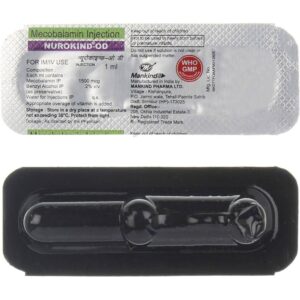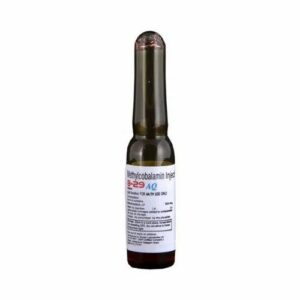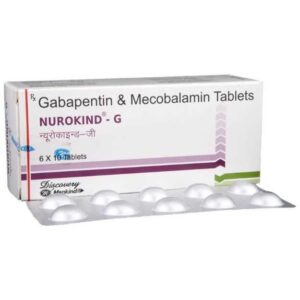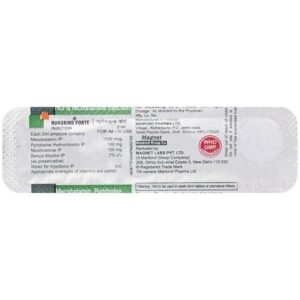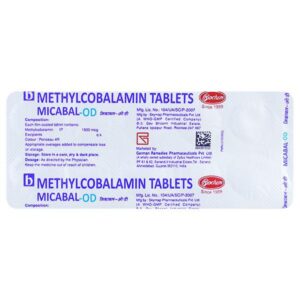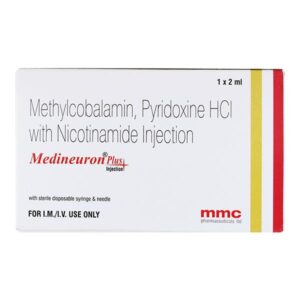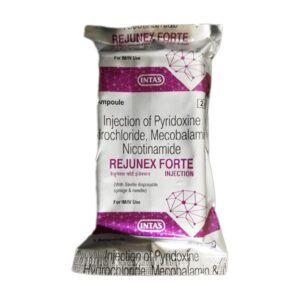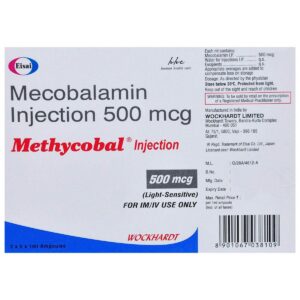METHYLCOBALAMIN
METHYLCOBALAMIN: Methylcobalamin is a form of vitamin B12 that is used as a dietary supplement and medication. It is primarily prescribed to treat vitamin B12 deficiency, which is commonly caused by conditions such as pernicious anemia, gastrointestinal disorders, or certain medications that interfere with the absorption of vitamin B12.
The main function of methylcobalamin is to support the production of healthy red blood cells and maintain proper nerve function. It is essential for the synthesis of DNA and plays a crucial role in maintaining the myelin sheath, which protects nerve fibers. Methylcobalamin also participates in the metabolism of homocysteine, an amino acid that, when elevated, can lead to cardiovascular diseases.
The usual dose of methylcobalamin varies depending on the severity of the vitamin B12 deficiency and the individual’s response to treatment. It is commonly prescribed as an oral tablet or as an injection. The recommended daily oral dose for vitamin B12 deficiency is usually between 1000-2000 micrograms per day. The injection is typically administered intramuscularly at a dose of 1000 micrograms per day for one week, followed by a reduced dose given at longer intervals.
Methylcobalamin is generally well tolerated, and side effects are rare. However, some potential side effects that have been reported include allergic reactions, such as itching or a rash, sensation of swelling, dizziness, headaches, and nausea. In very rare cases, it may cause diarrhea or an increase in blood pressure.
It is important to note that methylcobalamin should be used under the guidance of a healthcare professional, as improper use or excessive dosage may result in adverse effects. Additionally, it is crucial to identify and address the underlying cause of vitamin B12 deficiency to prevent long-term complications.


